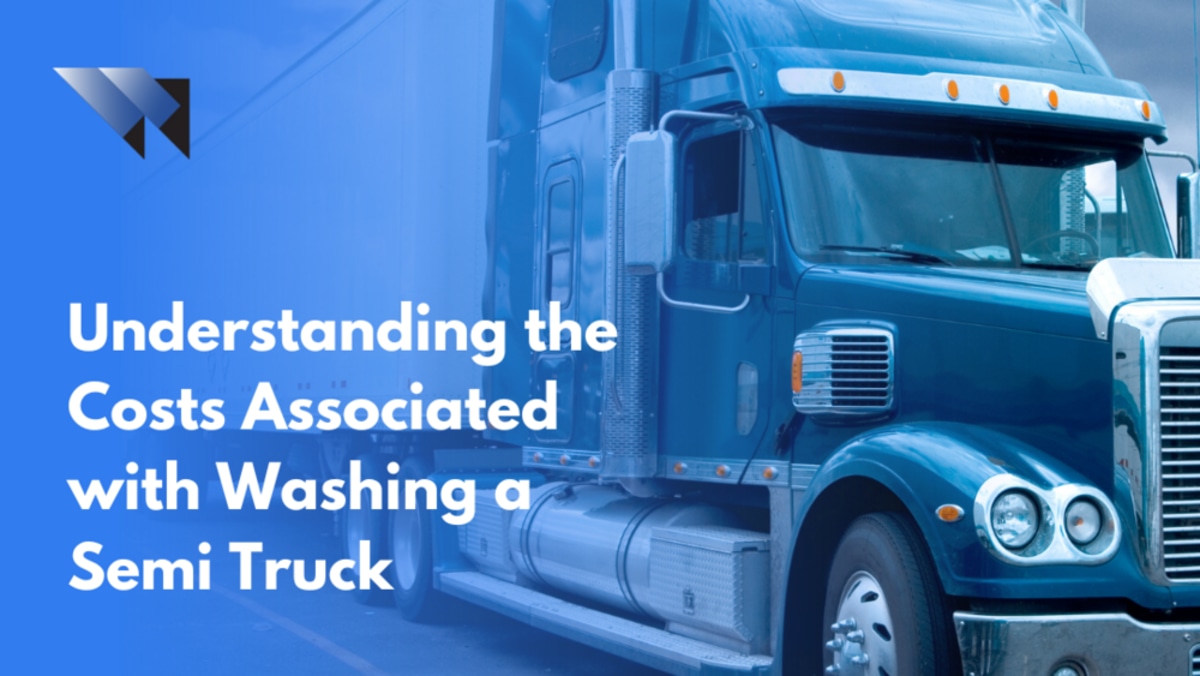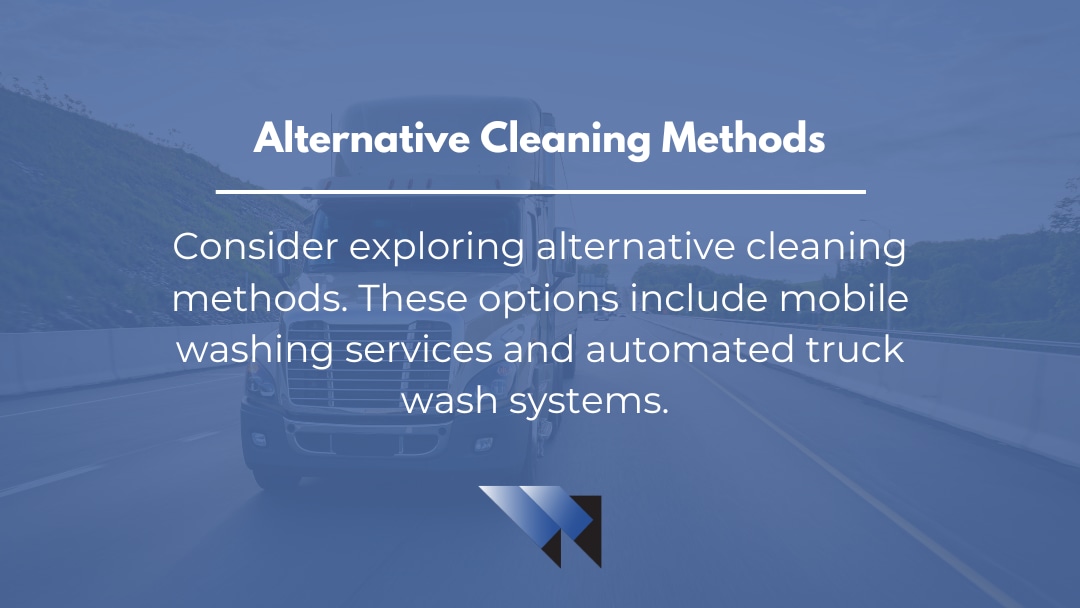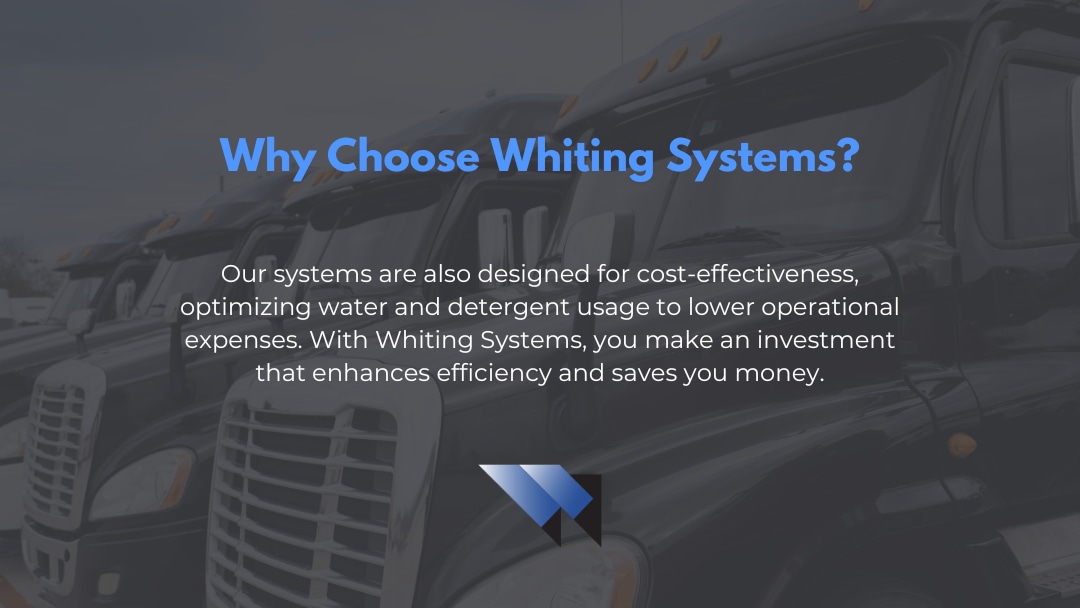
Understanding the Costs Associated with Washing a Semi Truck
October 2, 2023
Washing a semi-truck might not be at the top of your priority list. However, grasping its costs can assist you in making informed decisions and efficiently managing your resources. This blog post will dissect the various expenses associated with truck washing to help you make informed decisions.
1. Labor Costs: Truck washing involves paying employees to operate the equipment and perform the actual cleaning. Labor costs may vary depending on the number of personnel required and their hourly rates.
2. Water Usage: Cleaning a semi-truck consumes significant water, especially wand washing or hand washing, which can impact your utility bills. The exact cost depends on local water rates and the efficiency of your washing equipment.
3. Chemicals and Detergents: Many commercial truck washes use specialized cleaning agents and detergents to effectively remove dirt, grime, and road salt. These chemicals can add to your operating expenses and or reduce your operating expenses
4. Equipment Maintenance: Regularly maintaining your truck washing equipment is essential to ensure it operates efficiently. Maintenance costs can include repairs, replacement parts, and routine servicing. We see a 20% reduction in overall maintenance with an automated fleet wash program.
5. Environmental Compliance: Depending on your location, you might need to comply with environmental regulations related to wastewater discharge. Costs may arise from installing water recycling systems or obtaining permits. A permit typically represents reduced fines.
6. Time and Productivity: When your trucks are being washed as part of a fleet wash program, they are typically kept on the road generating revenue. Consider the opportunity cost of downtime when calculating the overall cost of a fleet washing program.
7. Frequency of Washing: The frequency with which you wash your semi trucks can significantly affect costs and image. Assess the trade-off between a more frequent wash schedule for appearance and less frequent washes for cost savings. Certain seasons require more preventative wash as other seasons and climates you can wash less

8. Alternative Cleaning Methods: Consider exploring alternative cleaning methods. These options include labor-saving automated wash systems or fleet wash systems. These alternatives have the potential to provide cost-effective solutions.
9. In-House vs. Outsourcing: Decide whether handling truck washing in-house is more cost-effective or outsourcing it to a professional truck wash provider. Outsourcing may cost consistency and overall cost.
10. Long-Term Benefits: We've discussed the immediate costs of truck washing. However, it's important to remember that maintaining a clean fleet has additional benefits. It can extend your vehicles' lifespan and reduce long-term repair and replacement expenses.

Unlock Cost-Effective Fleet Maintenance Solutions with Whiting Systems
Purchasing a fleet wash system from Whiting Systems is a strategic decision for fleet owners. Our wash systems prioritize efficiency, ensuring thorough and quick cleaning of your vehicles. This reduces cleaning time for each truck, boosting productivity and minimizing downtime. As a result, your fleet can spend more time on the road, generating revenue. Our systems are also designed for cost-effectiveness, optimizing water and detergent usage to lower operational expenses. With Whiting Systems, you make an investment that enhances efficiency and saves you money.
If you're interested in discovering practical ways to reduce your expenses while ensuring your fleet stays clean and well-maintained, Whiting Systems is here to help. Contact us today to learn more about how Whiting Systems can assist you in achieving cleaner, cost-effective, and more sustainable fleet maintenance. Let's work together to keep your trucks on the road and your budget in check.
